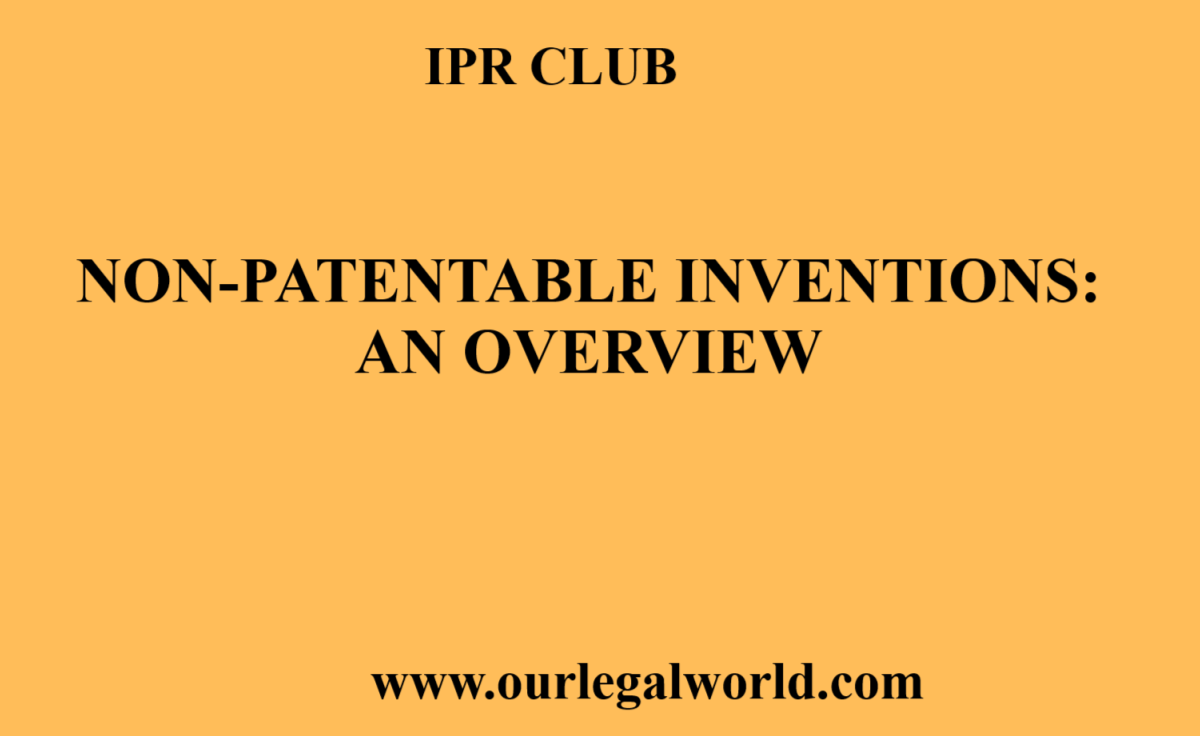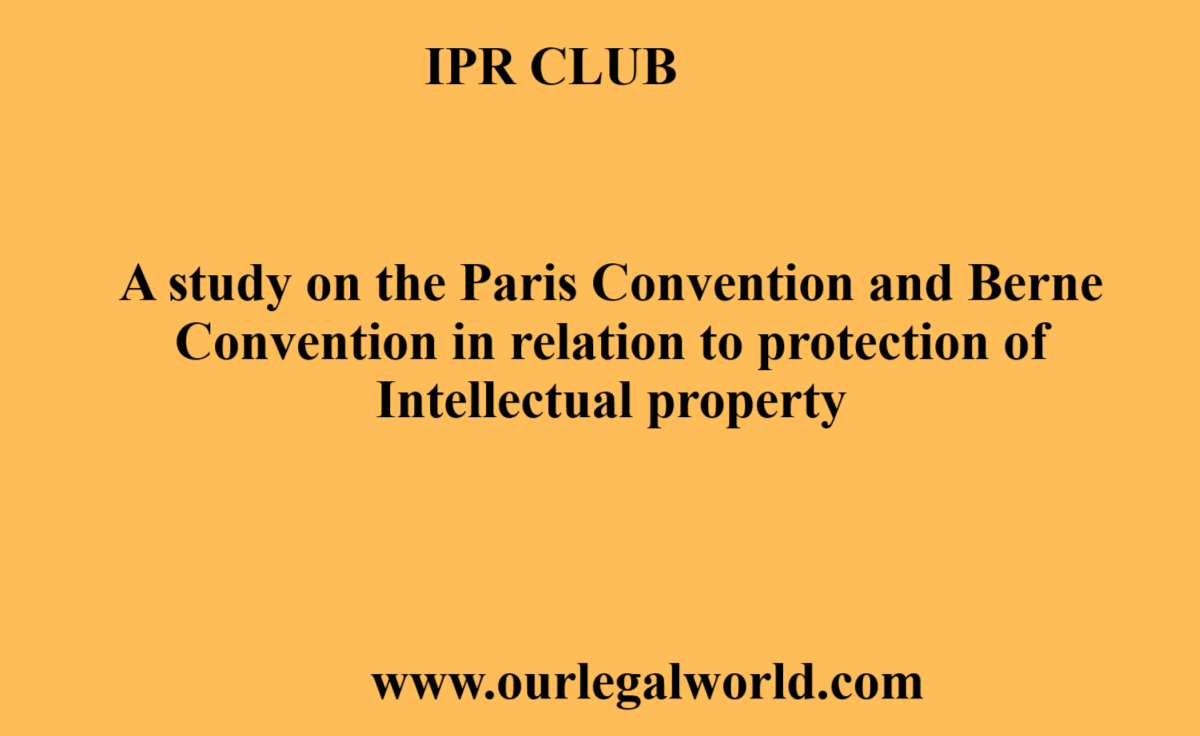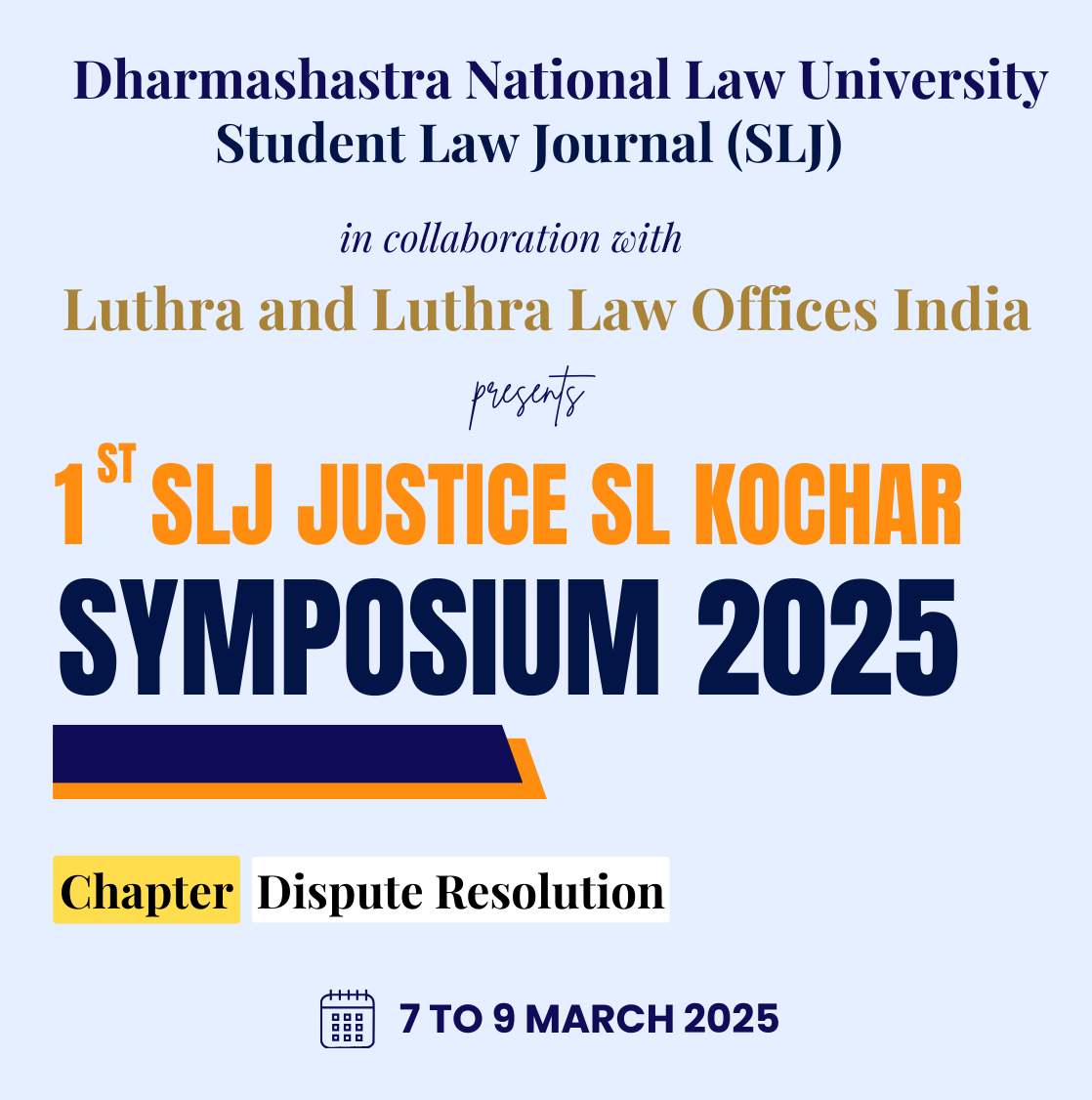Union of India v. Sripati Ranjan
In the Supreme Court of India Case: Union of India v. Sripati Ranjan Citation: 1975 AIR 1755, 1976 SCR (1) 268, 1975 SCC (4) 699 Appellants: Union of India and Others Respondent: Sripati Ranjan Biswas and another Bench: Goswami, P.K. Date of Judgement: 07 August, 1975 Bench: A Alagiriswami, N Untwalia, P Goswami
INTRODUCTION AND FACTS
The respondent was a confirmed Appraiser in Custom Department in Class II of Gazette Officer since past eleven years. He was suspended filing a charge sheet upon him for-
- taking illegal gratifications,
- possession of assets disproportionate to his disclosed income,
- purchase of a plot of land without sanction of the appropriate authority.
On inquiry, the respondent was found guilty for the second and third charge. However, the first charge was cleared and solved.
Another Opportunity
On December 17, 1962, the respondent was a second chance to show that why he should not be dismissed from job.
The respondent filed an application under Article 226 of Indian Constitution. This application challenged the show cause notice as Rule obtained. However, the third charge was disposed by the High Court and the penalty made was offered to be reconsidered for the second charge by Collector of Customs.
Order by Collector of Custom
The respondent was dismissed on second charge by the order of Collector of Custom.
The respondent then, filed an appeal to President under Rule 23(2)(b) of the Central Civil Services (Classification, Control and Appeal) Rules 1957.
Order by President
The plea as made to the President was rejected by the President after consulting the Union Public Service Commission under Rule 30(2) of the Rules.
The respondent then filed a petition under Article 226 of Indian Constitution in High Court. This application was filed challenging the validity of both the orders made. However, the single bench judge dismissed the application while the same when challenged again was quashed by the division bench.
ISSUES
- Whether the order passed by Minister is constitutional valid or not?
- Whether it is permissible to contemplate constitutional President or not?
JUDGEMENT
Held by a recent decision in Samsher Singh v. State of Punjab and Another[1] that-
- the functions and duties of the President as an appellate authority under the Central Civil Services (Classification, Control and Appeal) Rules 1957, were not part of the business of the Government of India nor were they part of the President’s duty under the Constitution.
- the Minister had no right to deal with the appeal which had been preferred to the President of India under the Rules.Therefore, it was held-· There is no constitutional infirmity in order to the disposal of appeal by the Minister under Rule 23(2)(b) of the Rules.·When the Constitution conclusively contemplates a constitutional President, it is not permissible nor is not even intended to invest upon the President.
RELATED PROVISIONS
Rule 23(2)(b) of the Central Civil Services (Classification, Control and Appeal) Rules 1957
It defines as follows-
“The inquiring authority, where it is not itself the disciplinary authority, shall forward to the disciplinary authority the records of inquiry which shall include: –
(b) the written statement of defence, if any, submitted by the Government servant;”
Rule 30 of the Central Civil Services (Classification, Control and Appeal) Rules 1957
It defines Service of orders, notices, etc. as follows-
“Every order, notice and other process made or issued under these rules shall be served in person on the Government servant concerned or communicated to him by registered post.”
Also Read: AUDI ALTERAM PARTEM- Legal Maxim
Article 226 of the Indian Constitution
It empowers the high courts to issue, to any person or authority, including the government (in appropriate cases), directions, orders or writs, including writs in the nature of habeas corpus, mandamus, prohibition, quo warranto, certiorari or any of them.
CONCLUSION
Thus, it can be concluded that hearing appeal under a statutory rule is a quasi-judicial act and it could not be delegated by the President to the Minister allowing the appeal. Therefore, final order is preceded or accompanied by a quasi-judicial inquiry held by the Minister did not affect the character of the exercise of that function by the President.
REFERENCES
- https://indiankanoon.org/doc/1537820/
- [1] 1974 AIR 2192, 1975 SCR (1) 814
Edited by Ankita Roy
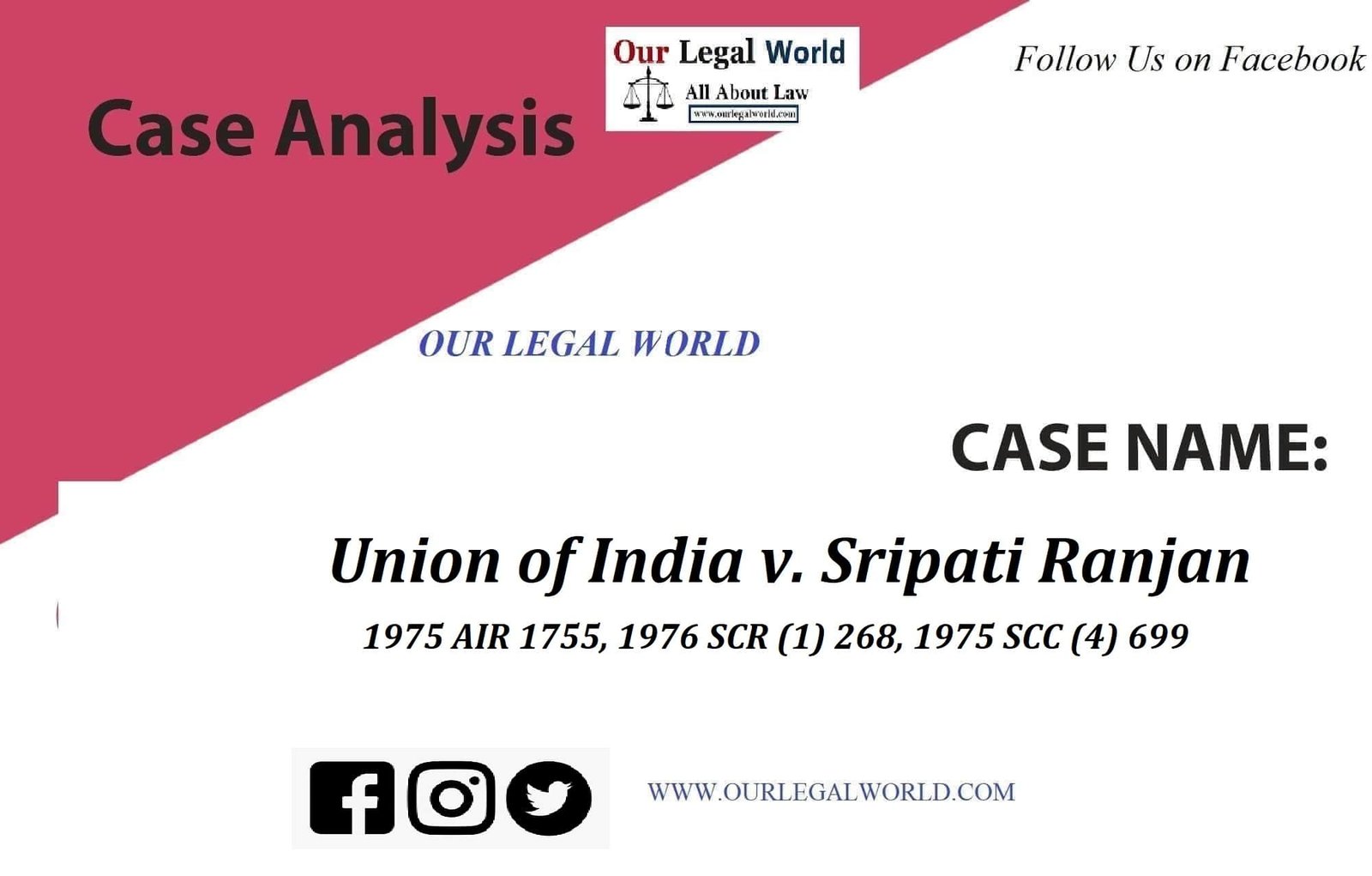


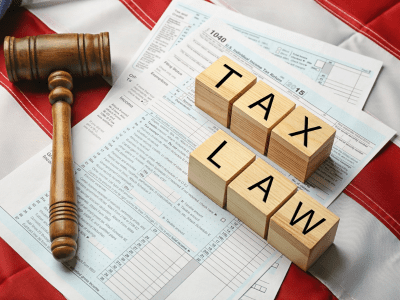
![Jamia Hamdard Mediation Competition 2025 at School of Law, HILSR [21st February 2025]](https://ourlegalworld.com/wp-content/uploads/2024/12/Screenshot-11-min-1.png)
